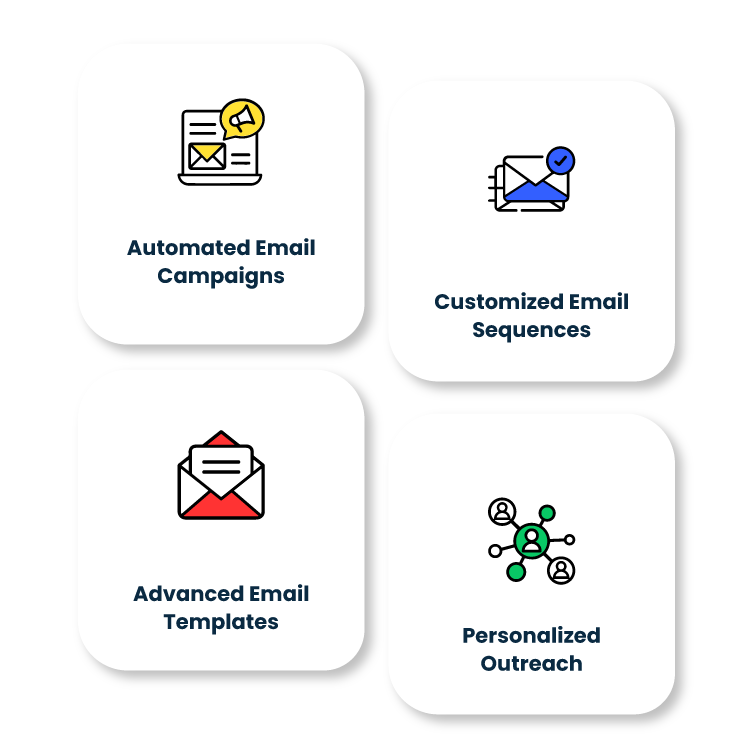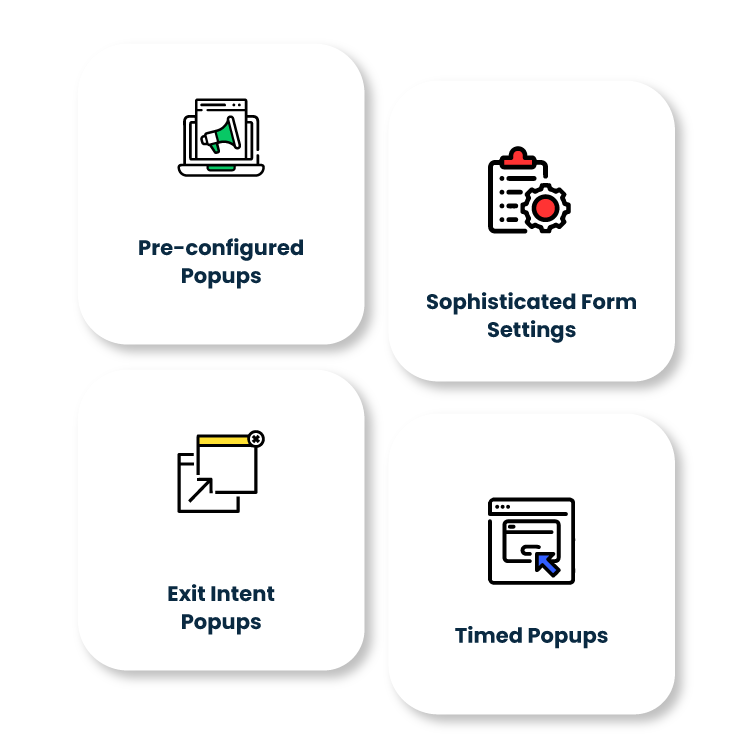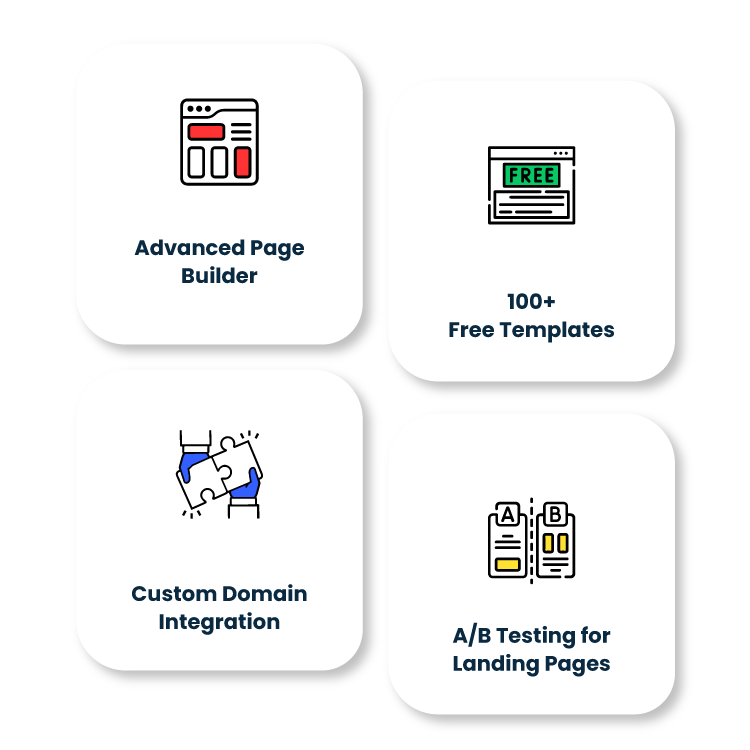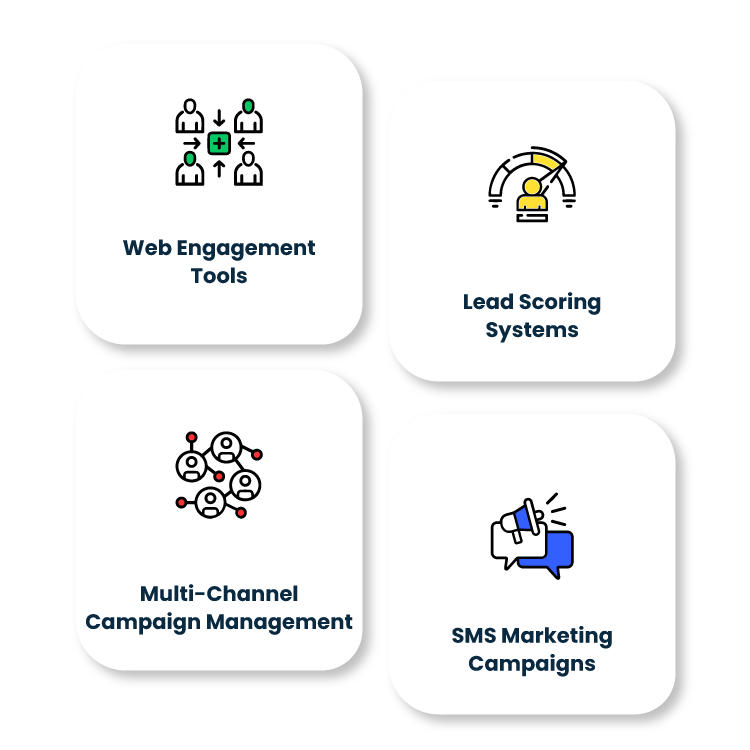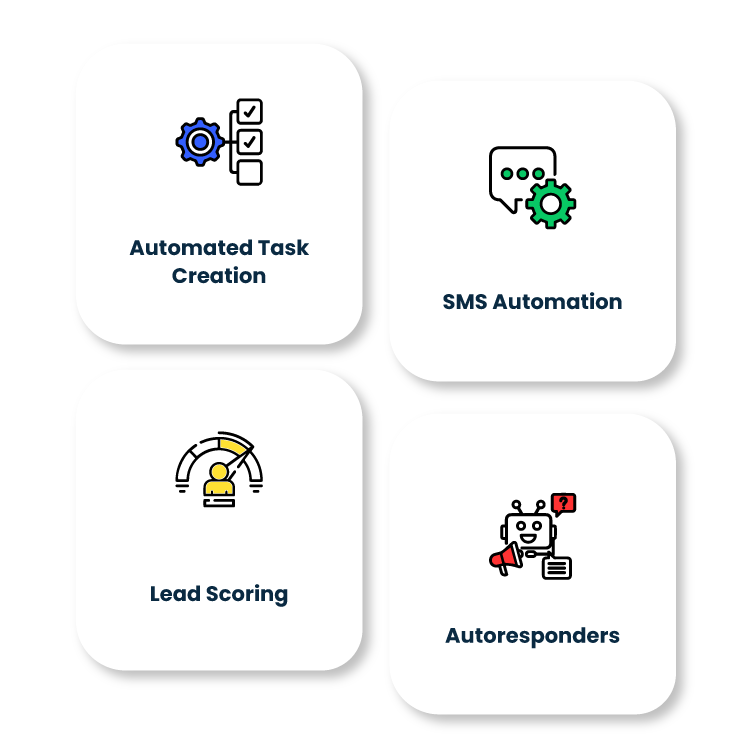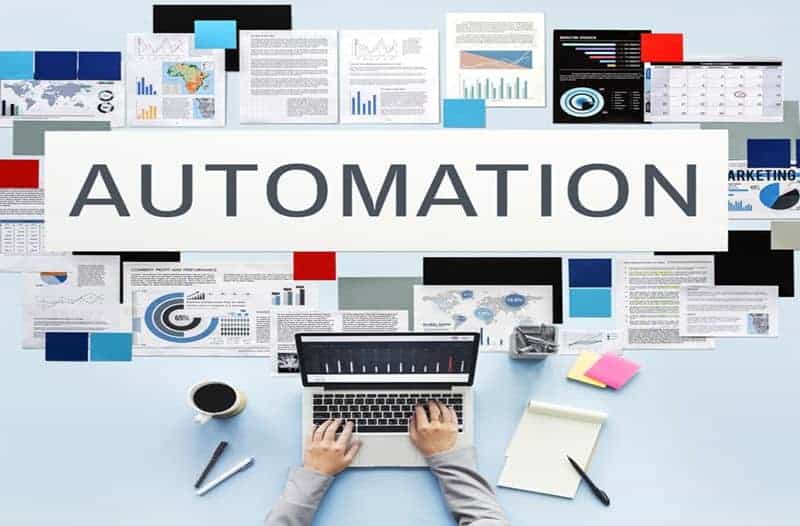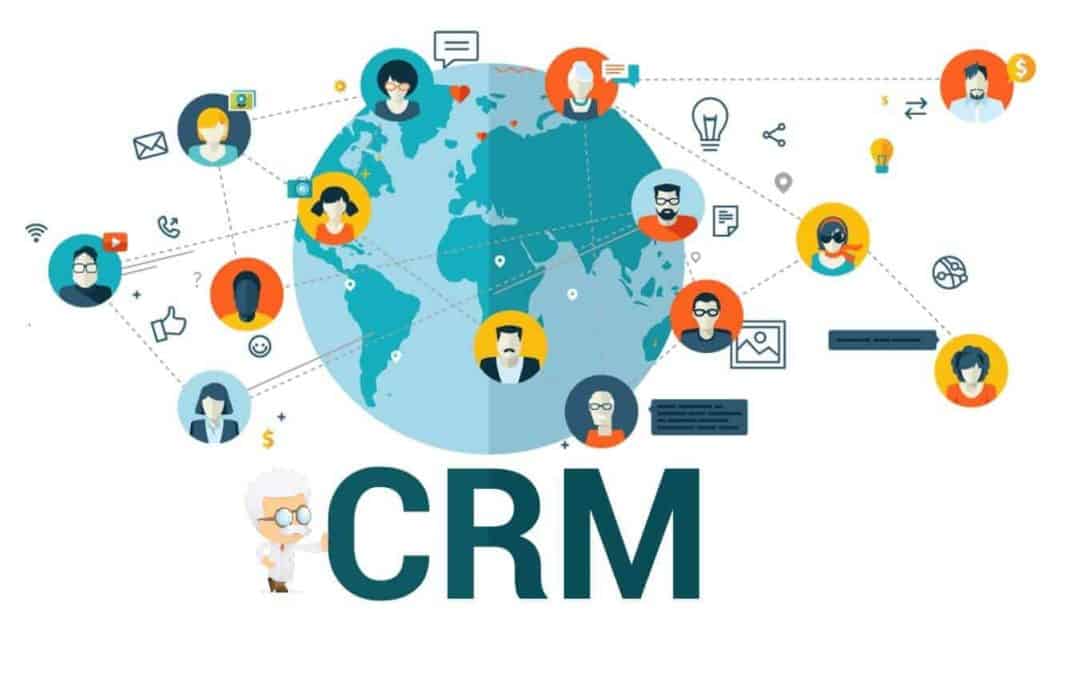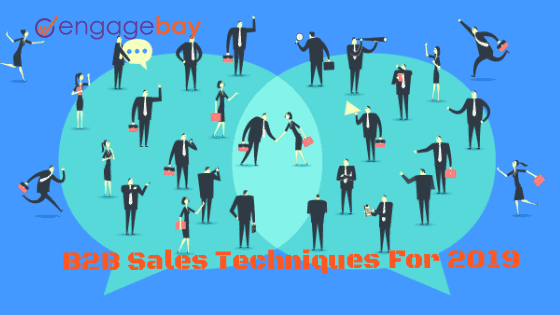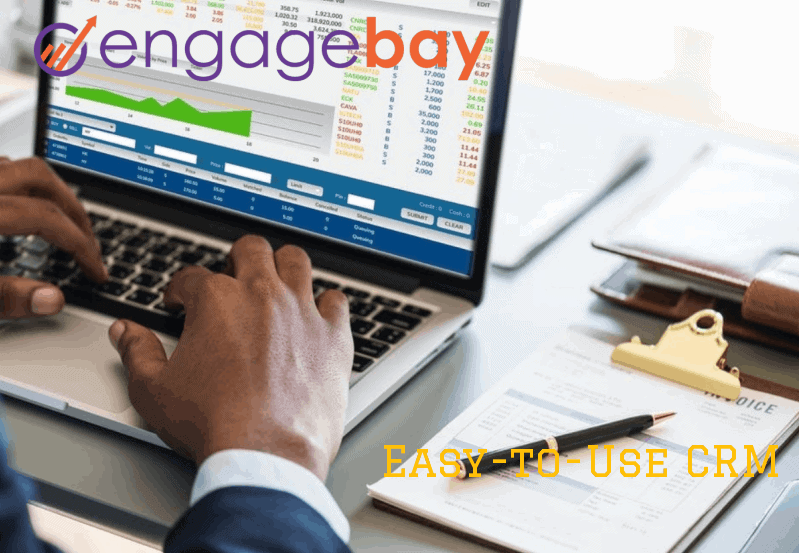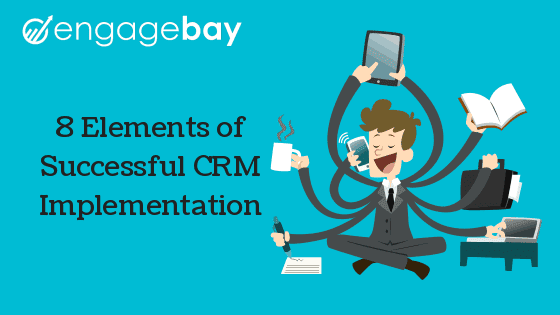THE SALES AUTOMATION PROCESS – ALL YOU NEED TO KNOW IN 2021
As another calendar year reaches its end, you and your team will likely regroup to plan ahead for what comes next.
From identifying new opportunities to delivering unparalleled customer success
With EngageBay's top-rated company management software, businesses can now interact with clients through multiple channels, ensuring every interaction is recorded and accessible. This software centralizes all company information, empowering your sales team to engage meaningfully and contextually with prospects.
Stay updated in real-time with comprehensive company activity tracking. Empower your team to engage with high-value prospects by providing access to the entire customer journey, enabling informed and strategic decisions for higher conversion rates and exceptional customer experiences. Our company management software is designed to do just that!
EngageBay's company management software offers a 360-degree view of company profiles, including contact details, interaction history, interests, engagement patterns, response rates, social media presence, call notes, and task history—all on a single page. This consolidated view is essential for sales teams to hit their targets efficiently.
Never worry about scattered contacts again. With EngageBay’s seamless integrations, you can import contacts from tools like Google, Office 365, and many other platforms in just a few clicks. Our company management software also allows quick contact import from CSV files.
Managing multiple mailboxes can be overwhelming. Integrate all your email accounts with EngageBay and manage them from a single inbox. Whether it's Gmail, Office 365, or any other IMAP service, our company management software offers two-way sync, ensuring you never miss a customer interaction.
Enable your team to stay connected with high-potential clients by providing visibility into their complete activity profile, including web interactions, email responses, and engagement metrics. This unified view helps increase team efficiency and enhances customer outreach.











Consolidates all company data in one place, making it easily accessible and ensuring that sales and support teams have up-to-date information.
Facilitates better communication across different channels, ensuring that all interactions are recorded and accessible, which enhances customer engagement and relationship-building.
Streamlines workflows and processes, reducing manual tasks and allowing teams to focus on more strategic activities, leading to higher productivity.
Provides valuable analytics and reporting tools that help businesses understand customer behavior, track performance, and make informed decisions based on real-time data.
Enables seamless collaboration among team members by providing a unified view of all customer interactions and tasks, ensuring that everyone is on the same page.
Supports business growth by offering scalable solutions that can adapt to the changing needs of the business, ensuring that the company can manage more clients and more data as it expands.
Want to learn more? Read our comprehensive blog posts
As another calendar year reaches its end, you and your team will likely regroup to plan ahead for what comes next.
Before we start with CRM integration and its intricacies, let us first understand the basics.
Now that we’re almost halfway through 2021, what is your company doing to meet its B2B sales goals? The midpoint of the year is the perfect time to sit down and analyze your sales techniques.
Small realtors or real estate agencies rarely have the luxury of services of a professional secretary. How do they manage multiple affluent clients – all with different requirements and in need of personalized service?
Customer relationship management software is supposed to be, well, easy to manage. Its entire purpose is tracking and building your relationships with your customers.
The customer is KING and your relationship with them is important to drive your business growth, prosperity and success.
Got Questions? We are here to answer them
An appointment scheduling software is a tool that is used to schedule appointments and bookings in an organized manner. This software is also known by other names such as appointment booking software or online booking software. Businesses use online appointment scheduling software to seamlessly automate appointments and tasks scheduling. The tool is primarily used to book/confirm meetings and appointments. Some of the key features of this software include appointment scheduling, reminders, employee and customer time and task management, and calendar integration. Some advanced solutions may also include payment and revenue processing. Many of these tools are compatible with mobile devices. This software plays a vital role in updating scheduling tasks and improving your company’s overall efficiency.
In both business as well as in life, a variety of appointments are necessary. So whether it is a business appointment, a job interview, a doctor's appointment, a date or simply a meeting with friends, appointments are intrinsic to our daily lives.
To organize your appointments and make life easier, an online appointment scheduler and calendar system can come in extremely handy, and you will be successful in accomplishing key goals such as improving time management and punctuality, thereby ensuring that you have enough time to plan and prepare beforehand for upcoming appointments.
To sum it up, appointment scheduling is crucial since it ensures that you make the optimal use of your time, and will be an example of how much you value your own time.
For business in particular, ‘time is money’ and a single missed appointment or showing up late could be detrimental to your chances of doing better business.
Spending quality time with your clients and providing excellent service is one of the keys to success. Planning, preparing, and delivering a great experience is a game=changer for most appointments. Achieving this ensures that you build long-term customer relationships and of course, increase repeat business.
This is where an appointment scheduling software plays a vital role.
Appointment scheduling tools are available both as desktop applications and as web-based systems in SaaS.
The desktop variants are individually licensed and installed on the users’ hard drive. These systems have robust reporting features among other ones, and are customizable. But a disadvantage with many of them is that they don’t usually offer an online portal for employees or customers to access. Apps that have been installed need to be maintained, supported, and upgraded by the end user.
Some third-party vendors offer web-based systems as hosted software solutions. A big plus is that customers have the convenience of booking and scheduling their own appointments over the web.
Customer Appointment management (CAM) is a type of appointment scheduler software that is used by enterprise mobile workforces. It schedules and routes in-home service appointment arrivals automatically. This software is offered as SaaS.
CAM software uses proprietary algorithms that identify the work patterns of mobile employees to accurately predict a service technician’s time of arrival and reduce a customer’s waiting time exponentially. These SaaS systems are easy to deploy and use and allow flexible pricing packages.
When analyzing and considering SaaS providers, pricing plays a key role. It is important to ask the provider if they offer safeguards for price and also flexibility for contracts. You shouldn't need to shell out for more than what you actually require. As a buyer, you may be forced to subscribe to long-term agreements so ensure you don’t get locked into long-term licensing for a long time with a single provider. Easy exit policies that enable you to migrate to another vendor if you are not happy with the services provided by the current one should be a prerequisite while considering a SaaS platform. Select a vendor that offers a convenient standard annual termination facility as well as long-term cost protection.
Another vital factor to consider is whether the SaaS vendor is aligned with applicable compliance and security requirements. Your business is accountable to a number of stakeholders such as employees, consumers, business partners, and regulators. Therefore, your vendor's commitment to a technically sound and comprehensive security program is a non-negotiable consideration. Security control requirements such as availability, integrity, confidentiality, privacy, and accountability to the vendor’s capabilities should be mapped. Enquire about the potential provider's processes and systems capabilities with regard to your private data before finalizing them. They must meet all compliance and security standards that are applicable to your business. Do not invest in a provider without getting satisfactory answers to these questions.
Easily integrate EngageBay with the tools you already love.
